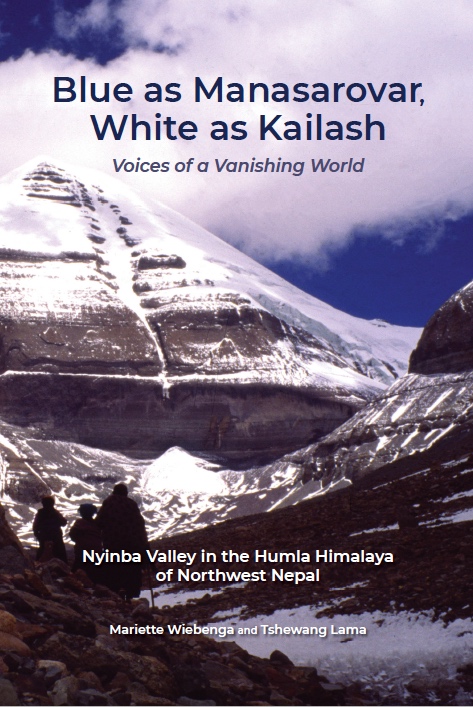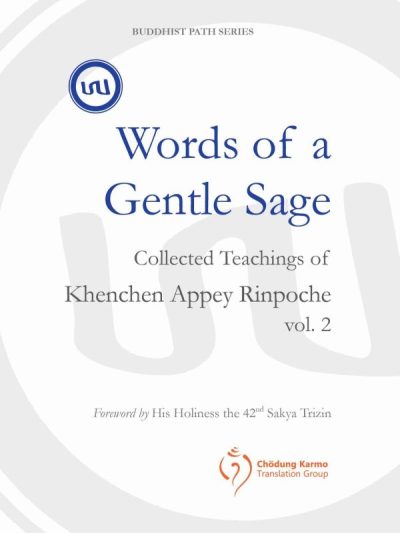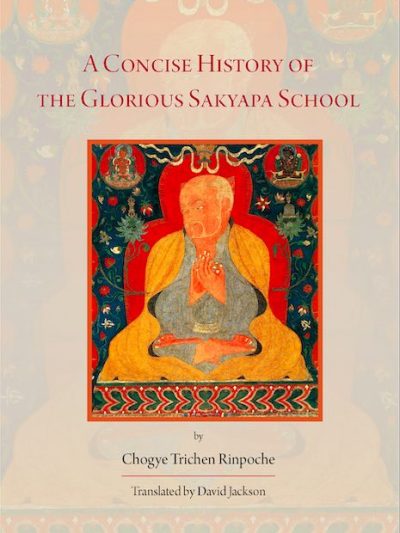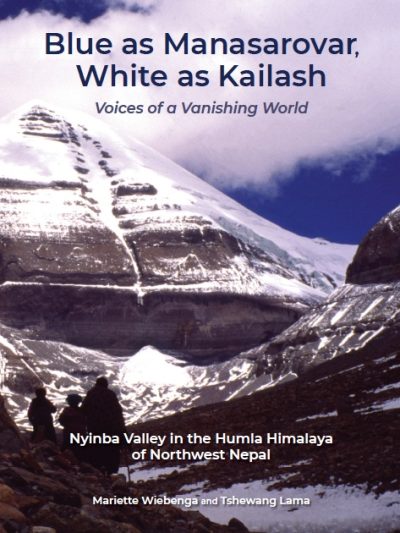Description
This study reflects a specific period of time, 1999-2000, among the Nyinba people in the far northwest of Nepal. The Nyinba, who migrated from West Tibet and settled in Humla centuries ago, formed a small community of semi-nomadic caravan traders, carrying salt down from Tibet and grains up from the southern hills. People lived together in large households, adhering to a system of fraternal polyandry and cherishing a strong sense of community cohesion. Around the turn of the century their vibrant festivals were still in full swing. Yet change was in the air.
At that time, Mariette Wiebenga and Tshewang Lama worked closely together on this study in Tshewang’s homeland in the Humla Himalaya. The influence of the Maoist revolt was sensed already, but still from a relative distance. Thus it documents a way of life that changed fundamentally soon after; a world that is no longer. But the resilience of the Nyinba people does not diminish; new ways emerge where old ways vanish. The study illuminates the dynamics involved in a process of change that continues to unfold. In the words of Tshewang: “We have to study our own culture. Not as a relic of the past, but as an inspiration for the future.’





